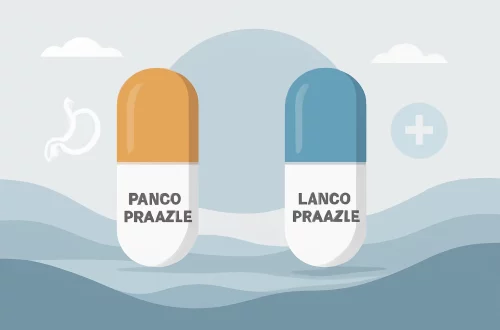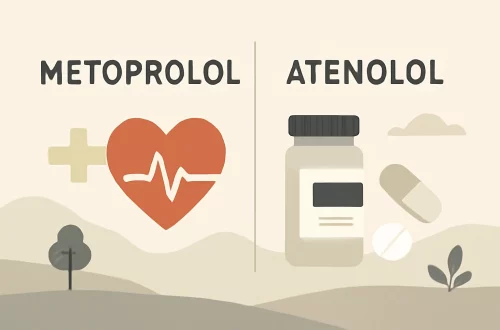-
How Long After Neutering a Dog Is Testosterone Completely Gone?
Neutering is a significant decision for pet owners, often undertaken for various reasons including population control, behavioral management, and health benefits. This surgical procedure, which involves the removal of the reproductive organs, leads to a substantial shift in a dog’s hormonal balance. One of the most critical hormones affected by neutering is testosterone, which plays a pivotal role in a dog’s behavior, physical characteristics, and overall health. Understanding the implications of this hormonal change is essential for responsible pet ownership. After neutering, many pet owners notice behavioral changes in their dogs, such as reduced aggression or a decrease in roaming tendencies. However, the timeline for the complete disappearance of testosterone…
-
Understanding Canine Vasectomy: Benefits and Considerations for Pet Owners
Understanding the complexities of canine reproductive health is essential for responsible pet ownership. As a pet parent, you are faced with numerous decisions that can significantly impact your dog’s well-being and quality of life. One such decision is whether to consider a surgical procedure like vasectomy for male dogs. While spaying and neutering are more commonly discussed, vasectomy offers a less conventional alternative that may suit certain pet owners’ needs and preferences. This procedure can not only prevent unwanted litters but also impact your dog’s behavior and overall health. Vasectomy is a surgical intervention that involves the removal of the vas deferens, the tubes that carry sperm from the testicles.…
-
Understanding Vasectomy for Dogs: A Guide for Pet Owners
Understanding the complexities of pet ownership often involves navigating various health and behavioral decisions regarding our furry companions. Among these decisions, the topic of sterilization can be particularly sensitive. As responsible pet owners, we strive to make informed choices that impact our pets’ health and well-being. One such option is vasectomy for male dogs, a procedure that is sometimes overlooked in favor of traditional castration. This surgical intervention has garnered attention for its potential benefits and implications for pet owners seeking to control their dogs’ reproductive capabilities without some of the consequences associated with full neutering. Vasectomy involves the surgical cutting and sealing of the vas deferens, the tubes that…
-
Signs of Infection to Watch for After Your Dog’s Neutering Surgery
After a dog undergoes neutering surgery, pet owners often experience a mixture of relief and anxiety. While the procedure is common and generally safe, it can still come with its own set of concerns. One of the primary worries that arise post-surgery is the risk of infection. Understanding the signs of infection is crucial for ensuring your dog’s recovery is smooth and complication-free. Just like humans, dogs can also react differently to surgical procedures, and their healing process can vary. Neutering involves making incisions and altering internal structures, which can create openings for potential infections. Monitoring your dog closely during the recovery phase is essential for detecting any abnormalities early…















